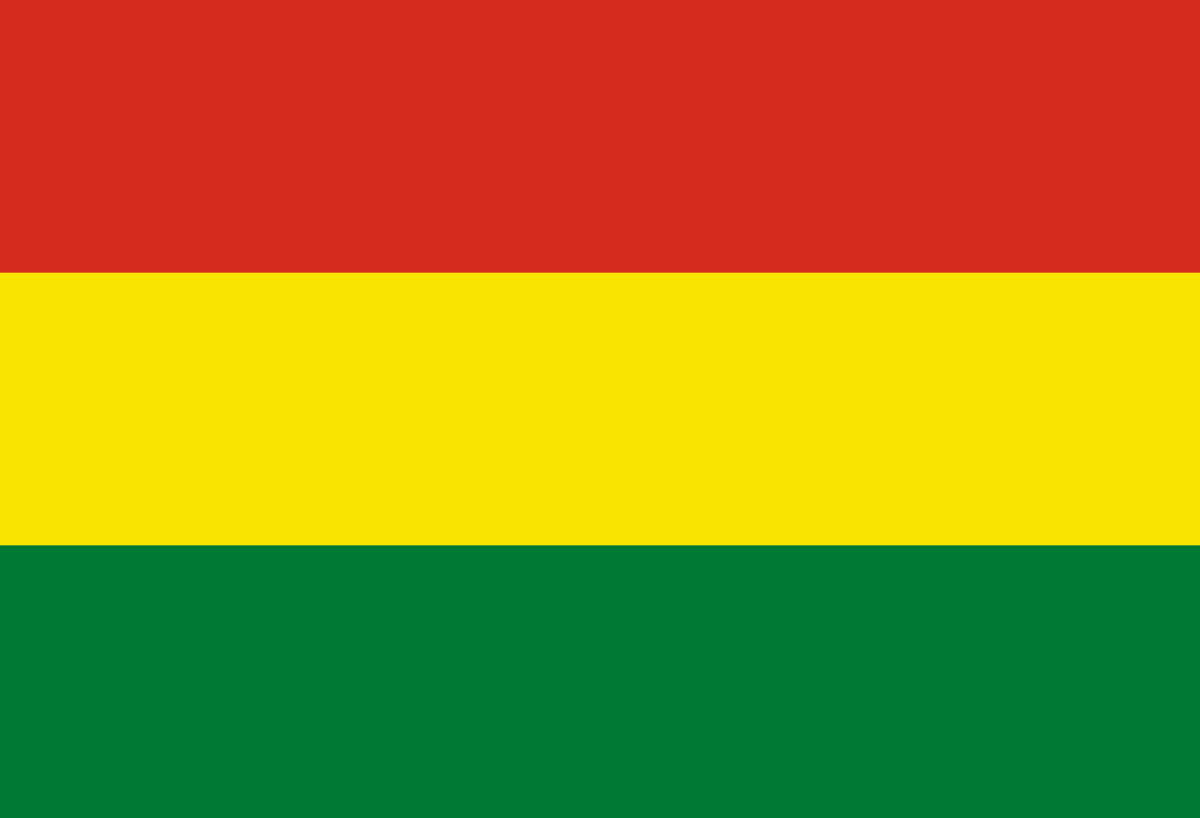👉INVESTIGATION ABOUT THE ORAL CULTURAL
TRADITIONS OF THE
CHOSEN COUNTRIES👈
BOLIVIA
It is a country that has indigenous roots and most of its oral or traditional oral histories are preserved in the Quecgua language, which is why many names and riddles are in this language.
EDUCATION
BOLIVIAN TALES
Ñucu, the worm
A long, long time ago, the sky was so close to the earth that it occasionally collided with it, killing many men.
In one of the Chimanes villages, a poor and lonely woman lived. He was hungry since he had no one to help him in his chaco or in any job to get food.
One day, among the yucal leaves, he saw something shiny. What will it be? the woman thought, and went to her home. In the night he dreamed that this brilliant something moved as if it had life. In the morning he went to look for it and picked it up and wrapped it in a cassava leaf. He called him Ñucu and considering him since then as his son, he put him in a jar to feed him.
Ñucu looked like a white worm. A week later it grew to fill the pitcher. The woman then had to make a larger one, and there she put the worm. Within a week the pitcher was again full.
Despite her poverty, the woman worked only to feed Ñucu, who was always hungry and ate a lot. On the third week Ñucu said:
- Mother, I'm going to fish.
At night he went to the river, and as he lay across it, his enormous body dammed the waters and the fish began to jump to the banks. At dawn the woman arrived and collected the fish in a basket. Since then he always had food, every night he went with his son to the river and scampered along the beach catching fish and putting them in his basket.
People began to murmur:
- How is it that this old woman has so much fish now, if she was starving before? - and they went and asked her: How do you have that fish?
The woman did not answer them.
Time passed and the local people began to starve, there were no fish for everyone because Ñucu cut them short.
Then one day Ñucu asked his mother:
- Mother, come on, tell them to come here to fish.
The woman went and said to them:
- Up there is Ñucu fishing. Come on, he invites us to collect fish for everyone.
In this way people knew the secret of the old woman. They lived a long time without problems, until Ñucu grew and became so huge that it no longer fit in the river. This time he said to the woman:
- Mother, now I'm leaving. I have helped them a lot here on earth, you will no longer starve because people will know how to help you. I have to go hold the sky higher so it never falls again.
The old woman was very sad thinking about the loss of her son. Ñucu then threw himself from one end of the earth to the other and rose holding the sky, to the same position he is in now. Before the distant blue sky the woman began to cry. But at night, she saw her son shining up there. It was the Milky Way, and she consoled herself by thinking that every night she could see her son.
RIDDLES
These riddles are from the Potosi department of Bolivia. They are said in indigenous language and with its translation into Spanish
Azul khocha
partti ttanta,
Chokhaycusklia.
Traducción:
Sobre un lago azul
han arrojado
un pedazo de pan.
LA LUNA
(Pocoata. Prov. Chayanta)
MYTHS AND LEGENDS
Chiru Chiru
Chiru Chiru was a thief who lived in the mines, a kind of Robin Hood who distributed what he stole among the poor.
One day a miner found him stealing and wounded him. They say that when they went to look for him in his cave, where he took refuge after the attack, they found his body along with an image of the Virgin. Since then, the Chiru Chiru cave has become a sacred place.
The Chiquitanos believe in a guardian genius who changes shape. Although it is sometimes a toad and sometimes a tiger, its most common manifestation is that of the snake.
It protects the waters of life and for this reason it hides in rivers, lakes and wells. Sometimes, as punishment for those who do not value this resource, they leave and leave the drought behind.
The jichi must pay tribute, because if it is bothered it endangers the prosperity of the fishing and the survival of the peoples.
POETRY
THE CISNE
I am the flower that bends on its stem,
because he suffers keeping in his bosom.
from a hidden worm the poison,
that devours my sad existence;
From a hidden worm the poison,
that devours my sad existence!
How much pain contains a memory
forgetting the sorrows he calms down,
if oblivion is the dream of the soul,
but my soul cannot sleep ...
If oblivion is the dream of the soul,
but my soul cannot sleep!
Confused by wave sadness
pain is portrayed on my forehead,
how bitter is my present life,
how bitter the future will be
How bitter is my present life,
Bitter cradle will be the future!
I am the swan that sings a mourning
Of my death the moment waiting
I who have always lived crying
I want to at least sing to die
I who have always lived crying
I want to at least sing die!
J


No hay comentarios.:
Publicar un comentario